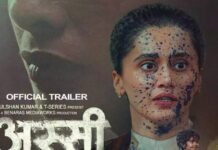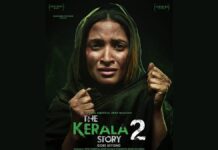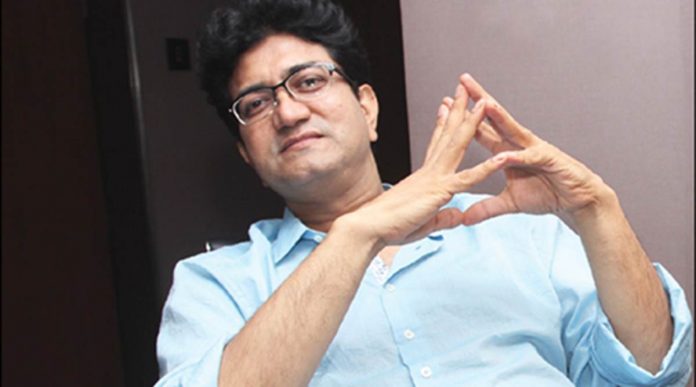By Surendra Bhatia
Sometimes, people just say things. Like a grandfather is compelled to dole out homilies to impressionable minds because what else can grandfathers (and other elders with greying hair) do? It makes them sound wise even if wisdom resides in them rather meagrely. At times, this affliction is visible in those whose elevated status entitles them to grandfatherly wisdom though they may not yet have attained the milestone.
Nothing else can explain Prasoon Joshi’s recent statements on Hindi Diwas at Indira Gandhi National Centre for the Arts. As CBFC chief and one of Bollywood’s finest writers, Prasoon has earned the right to pontificate but, perhaps, has still to learn the art of avoiding meaningless preaching. While speaking on Hindi Diwas at Indira Gandhi National Centre for the Arts, Prasoon is reported to have lamented, among other things, that Indian films lacked authenticity in content, pointing out that Indian films on the plight of farmers were more about ‘fancy-dress farmers’. He went on to add with appropriate grandfatherly wisdom: “When a farmer’s son will make a movie on farmers, the pain would actually be felt.”
Whoa! Hold it there! Does Prasoon actually mean, authenticity of content is sourced from the filmmaker’s antecedents? So, if the narrative is about prostitutes, only a prostitute or her offspring can make a meaningful film on it? In that case, would the said filmmaker-prostitute or her offspring then make films on no other subject, ever? Oh, perhaps, the caveat is that they may make other films but the (actual) pain would not be ‘felt’?
This is rather thick, coming from a writer. A good writer has the ability to recreate life in words, and it is not necessarily about the life he has led. More so a lyricist, which also Prasoon is. In Hindi films, a male lyricist writes songs about the pain of a woman jilted in love, about a dacoit lamenting his violent life, about a mother’s love and a comedian’s comic antics… and does it beautifully and, dare one say, with a great degree of authenticity. Lyricists like Shailendra, Sahir Ludhianvi, Majrooh Sultanpuri and hundreds of others including Prasoon Joshi have done it skilfully across many decades. Did they have to go through those actual life situations to recreate authenticity? Bah!
Filmmakers, too, have shown this versatility. Did K. Asif live in Akbar’s darbar or was he a reincarnated Akbar or Salim for the cinematic authenticity he brought to Mughal-E-Azam, and was Yash Chopra a murderer or a policeman for his amazingly real Ittefaq, or were Prasoon and Rakeysh Omprakash Mehra sprinters like Milkha Singh for the fabulous film they made on one of India’s greatest sportsman?
Prasoon Joshi, otherwise a seemingly intelligent and prudent voice, seems to have fallen into the grandfatherly trap of having to sound wise, when he spoke at Hindi Diwas. He couldn’t possibly have meant what he is reported to have said. If only a farmer’s son can showcase a farmer’s plight, as Prasoon is supposed to have said, it would be a massive blow on creativity. Prasoon would not want to put creative people into cages of their individual legacy or antecedents. That would be too harsh, and so unlike an advertising person who fashioned highly successful campaigns for products as diverse as Saffola and Coca Cola. Grandfathers can’t always be right, right?





























